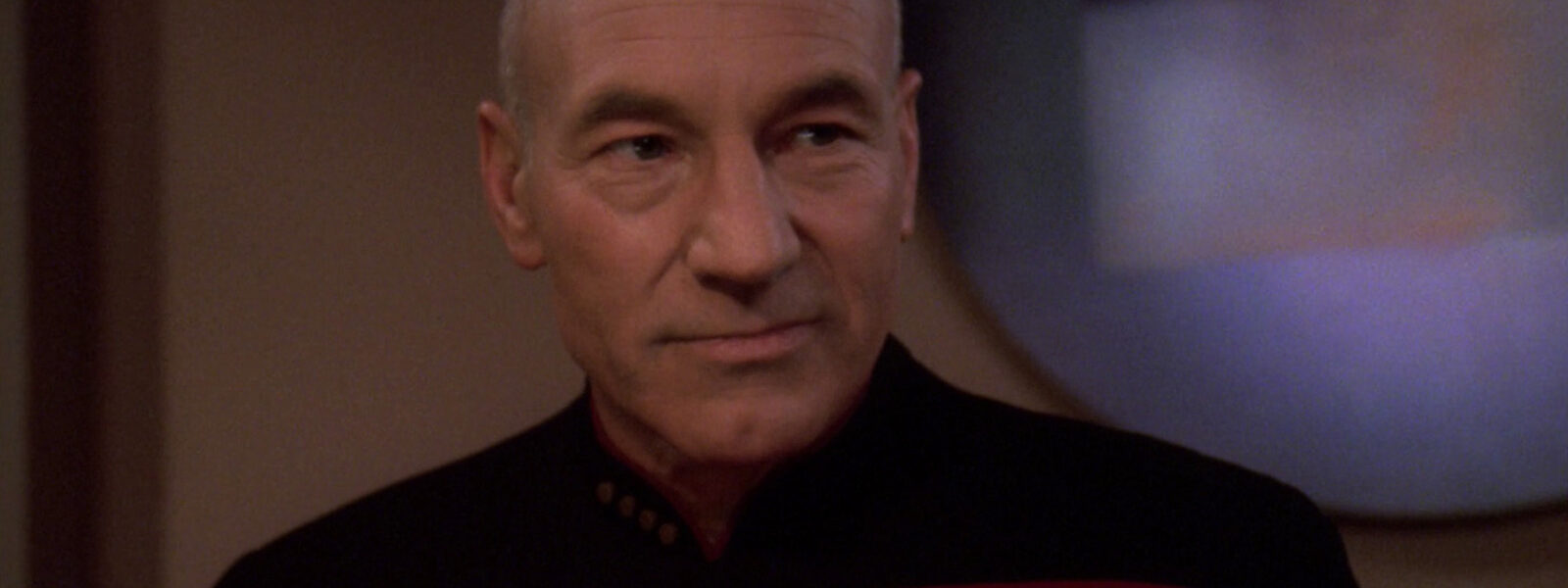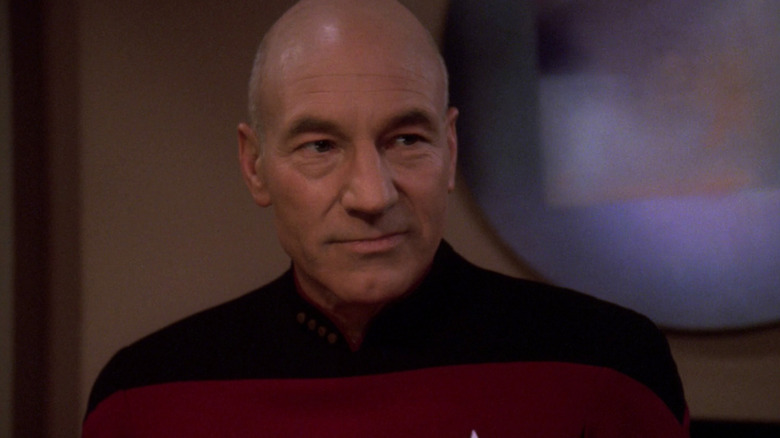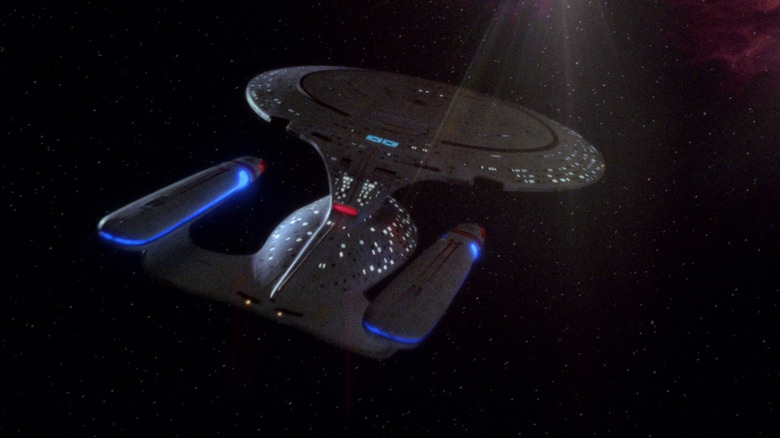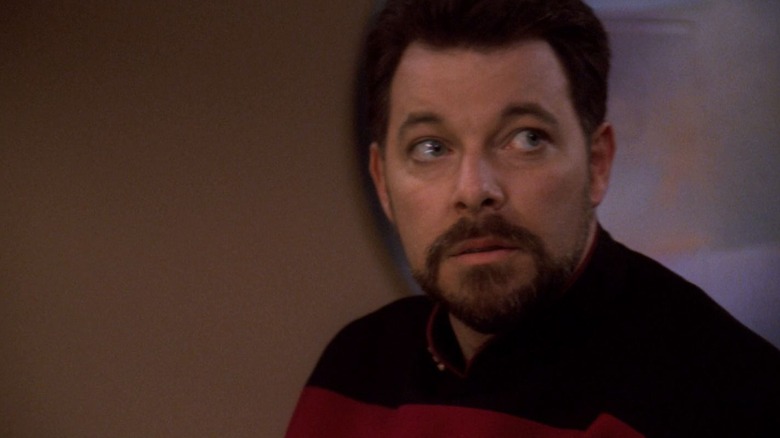The final episode of “Star Trek: The Next Generation,” titled “All Good Things…”, aired on May 23, 1994, although many Trekkies weren’t entirely heartbroken. Even though viewers would no longer be able to see the weekly adventures of the Enterprise-D and its loyal crew, they all knew that the spin-off feature film “Star Trek: Generations” was set to hit theaters in just six months. Moreover, “Star Trek: Deep Space Nine” was already in its third season, and “Star Trek: Voyager” was actively developing. I tell you, the 1990s were a great time to be a Trekkie.
Of course, at the time, many fans wondered why “Next Generation” felt the need to end after only seven seasons. Ratings were high and the show’s cultural popularity had not waned. The cast even signed on to star in an eighth season, armed to withstand another year in space. There was every reason to assume that “Next Generation” would continue indefinitely, or at least until audiences stopped paying attention to it.
The fact is that the series was becoming too expensive to produce. The seven main actors (Gates McFadden, Patrick Stewart, Michael Dorn, LeVar Burton, Marina Sirtis, Brent Spiner and Jonathan Frakes) were receiving increasingly higher salaries, and the show’s producers knew they had to keep pushing back limits of television. special effects to keep audiences engaged in a galaxy-wide space opera. And there were other, more technical costs to take into account; it appears that Paramount was about to have trouble selling “Next Generation” to local television stations.
All this was detailed in a July 1994 article in the New York Times. Not only was the price of “Next Generation” becoming too high, but the series’ unusual distribution model was becoming less and less tenable. Rather than continue to push the frontier of unbalanced accounting, the studio ended the series while it was still in great shape.
Star Trek: The Next Generation was too expensive and was about to become too hard to sell
For most of its history, “Star Trek” has engaged in unusual distribution models. The original series aired on NBC, but only became a cultural phenomenon when it was sold in syndication; it was only during reruns that the series became the phenomenon it became. “Next Generation,” meanwhile, was sold directly to local television stations, rather than tying itself to a single network (Paramount didn’t actually try to launch its own television network until 1995). In order to purchase “Next Generation,” a local station had to rebroadcast each episode at least seven times, allowing for a glut of “Next Generation” reruns; there was a time when you could see “Star Trek” and “Next Generation” daily.
Of course, with seven seasons and 278 episodes, the promise of re-airing each seven times has raised some concerns. Which channel would want to commit to purchasing 1,946 hours of television? Would viewers remain interested in seven complete passages of the same series? It was a time commitment that Paramount knew it would have a hard time selling. Furthermore, spending trends in 1994 dictated that more recent episodes fetched lower prices than earlier episodes, not higher. This meant that Paramount would, overall, make less from selling “Next Generation”, even as it cost more and more to make (thanks to rising salaries and SFX budgets).
Overall, it just wasn’t economically feasible. In short, “Next Generation” ended because there were already too many. It won’t be until much later that Film and television rights to “Star Trek” reportedly shared between two companieswhich further complicates things.
The cast didn’t know why Next Generation was canceled
From a 1994 article in EWthe cast was not given any of the above information. They only heard stories about their show’s high ratings and knew they had been signed on for an eighth season. When Paramount announced it was canceling the series, no one was able to give the cast a solid reason as to why. They certainly haven’t been briefed on the labyrinthine details of local television distribution contracts. A film, of course, had been planned, but actor Jonathan Frakes didn’t see why a film couldn’t have been delayed another year. He expresses his frustration thus:
“I have not been given any reason that holds water. […] Maybe [Paramount] thought they couldn’t make the movie and the TV series at the same time, although I don’t know why the movie had to be made this year. Some of us were hoping there would be a last minute reprieve, that Paramount would realize how much money the series made them and change their minds. »
According to “Star Trek” executive producer Rick Berman, the decision to end “Next Generation” after seven years was entirely Paramount’s doing. This was decided before “Star Trek: Voyager” even launched. The writers, while perhaps feeling a little exhausted, were still on board, and the casting seemed to be game (although Spiner was cited in the EW article as being somewhat impartial). But like everything else, it was about money. The EW article also quoted Paramount executive Joel Berman (no relation) and he noted that a movie franchise would be more profitable than a TV franchise.
Of course, the cancellation of “Next Generation” after seven years set the tone. “Deep Space Nine” and “Voyager” lasted seven years, and 2001’s “Star Trek: Enterprise” would have followed suit if it hadn’t been canned after just four years. And now, in the age of streaming, services can buy entire shows without having to commit to seven reruns, which completely changes the rules. Of course, even with the new rules, “Star Trek” remains omnipresent.








